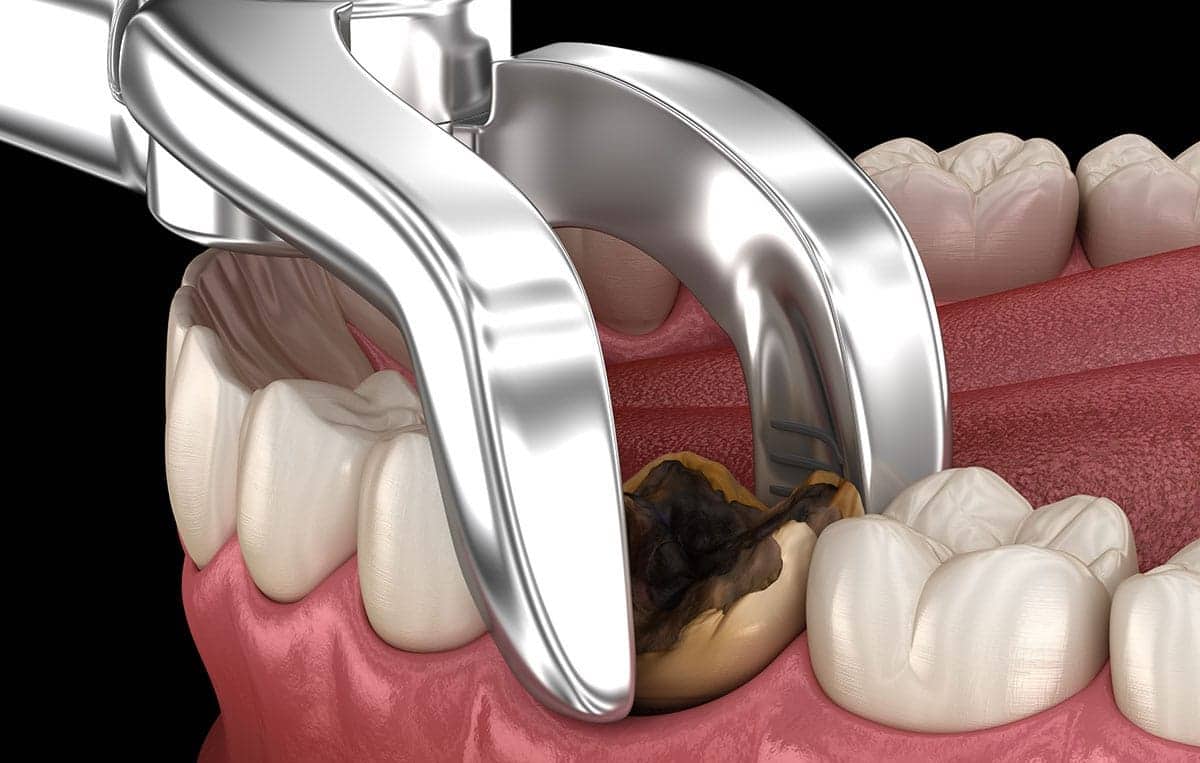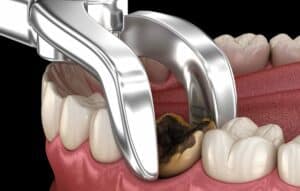
While most adults and young people require wisdom teeth extraction, there are other situations where surgical tooth extraction is mandatory. Tooth extraction can be performed for reasons such as excessive decay of teeth, tooth infection, and crooked teeth.
Now Aesthetic
Contact

It looks like your own teeth and creates a natural tooth feel
Dental treatments prevent dentures from causing mispronunciation
Like the root of a tree, your tooth roots are attached to your jaw
It allows you to eat food without much effort and pain
Dental treatments bring you back your old smile and give you self-confidence
Dental treatments allow you to have new teeth without damaging the adjacent teeth with a natural tooth skeleton placed on them
Dental treatments can be used for a long time, even for a lifetime, when oral hygiene rules are followed
Dental treatments prevent inconveniences in removing dentures
A dental extraction is not among the primary treatment methods of dentists, especially in advanced ages. Even if the tooth is decayed, in most cases, the dentist will try different treatment methods such as filling and root canal treatment to keep these teeth healthy. If your dentist says that your tooth needs to be extracted, complications that may arise with tooth extraction have become a better possibility than other ailments.
The healing process in tooth extraction usually takes one or two weeks.
While normal teeth take 15-20 minutes, this period is between 40 minutes and 1 hour for wisdom teeth that require surgery.

Now Aesthetic © All rights reserved.
